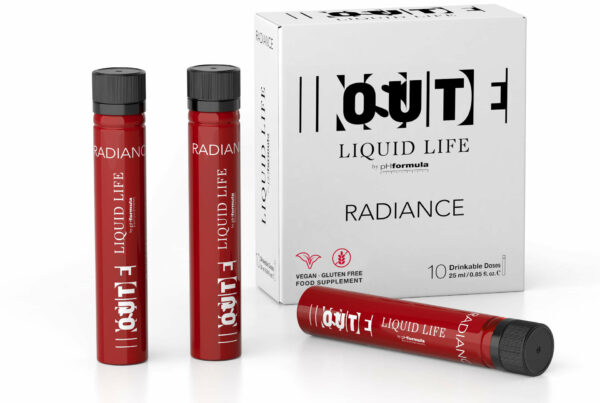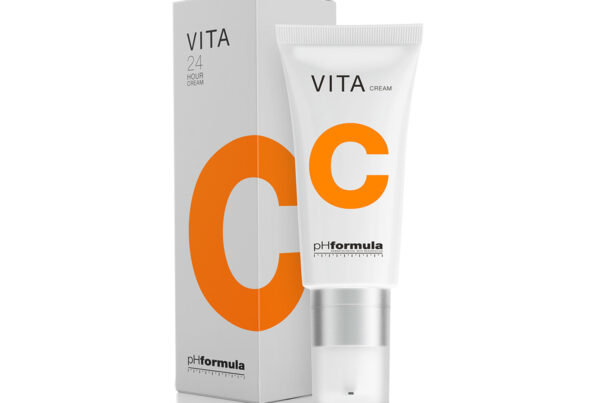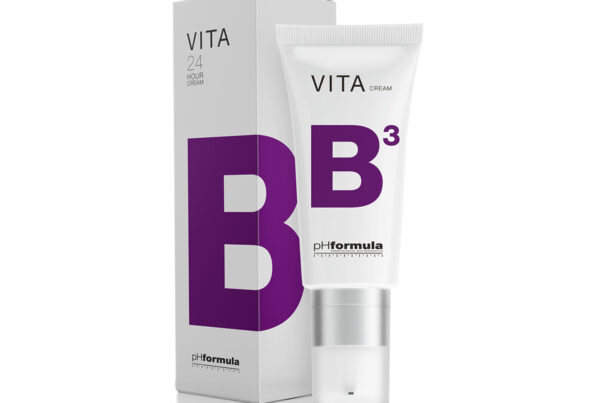The Science Behind Lactobionic Acid.
Lactobionic acid is a third generation Hydroxy Acid composed of two separate molecules, including one known as Gluconic Acid, which is known as a Poly-Hydroxy Acid (PHA) containing eight hydroxyl groups. It is naturally occurring in cells and is known for it’s superior benefits for the skin. The other part of Lactobionic Acid, known as Galactose, has wound healing properties.
Effective Humectant:
Lactobionic Acid strongly attracts water, producing a gel matrix, which provides an occlusive barrier on the skin surface. Lactobionic Acid functions as a humectant due to its unique chemical structure. It contains multiple hydroxyl groups that have a strong affinity for water molecules, allowing it to attract and bind moisture from the surrounding environment. The properties of this acid makes it an excellent ingredient for hydrating and moisturising the skin. Additionally, it also has a large molecular weight, allowing it to form a protective film on the skin surface, reducing moisture loss and improving skin hydration levels.
Stablises Keratinisation:
This film mentioned above, helps to reduce water loss and provide a barrier against environmental stressors, and it’s these stressors that can disrupt the process of keratinisation. By maintaining a healthy and stable environment on the skin surface, this acid can help to regulate the natural process of cell turnover, preventing the build-up of dead skin cells that can contribute to various skin conditions. Additionally, Lactobionic Acid’s film-forming properties can also improve skin texture and appearance by smoothing the skin surface and reducing the visibility of fine lines and wrinkles. It’s this ability to form a protective film on the skin that can aid in normalising keratinisation by creating an environment to promote a more flexible, soft and smooth stratum corneum.
Unlike Alpha-Hydroxy Acids, which can cause skin irritation, increased sensitivity to UV radiation and diminish the barrier functions, Lactobionic Acid has been shown in multiple studies to be non-irritating, nor does it increase the skin’s photo-sensitivity.
Biocompatible:
This acid is a gentle and non-irritating ingredient due to its molecular size and natural occurrence in cells. Its large molecular size allows it to penetrate the skin slowly and deeply without causing irritation or sensitisation, making it suitable for use in inflammatory skin types. Additionally, lactobionic acid is naturally occurring in human skin cells, making it biocompatible, making it is less likely to cause adverse reactions and won’t increase the skin’s photosensitivity. This results in the skin being more receptive to lactobionic acid, allowing it to be effectively utilised for its hydrating and antioxidant properties. As a result, it is a popular ingredient in skincare products, particularly those designed for sensitive or reactive skin types, providing gentle and effective benefits without causing irritation or discomfort.
Wound Healing:
When lactobionic acid is combined with galactose (a type of sugar), the two ingredients work together synergistically to enhance the benefits of skin resurfacing. Galactose helps to stimulate the production of collagen, which helps to support the skin’s structure and promote healing, while lactobionic acid helps to exfoliate and remove dead skin cells, which allows the galactose to penetrate deeper into the skin and enhance its effects.
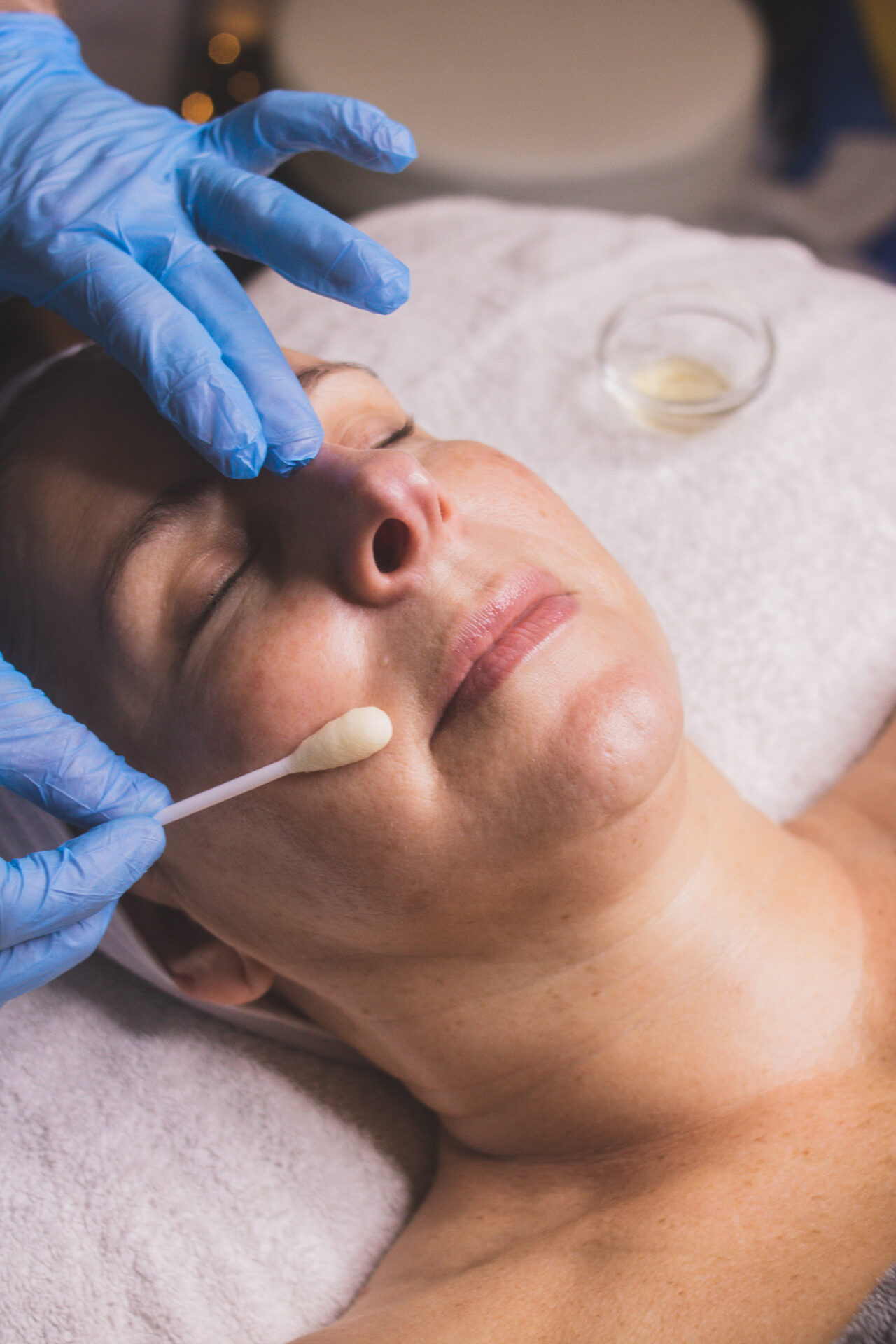
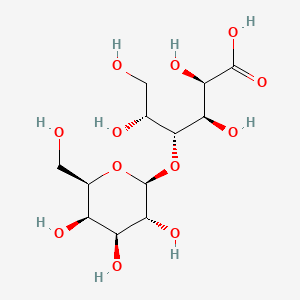
Strong Antioxidant:
Lactobionic acid is a potent antioxidant due to its ability to scavenge free radicals and prevent oxidative stress in the skin. Free radicals are unstable molecules that can damage skin cells and tissues by stealing electrons from other molecules, causing a chain reaction that can result in cellular damage and ageing. Lactobionic acid’s antioxidant properties allow it to neutralise free radicals by donating an electron and stabilising the molecule, preventing it from causing further damage. Additionally, lactobionic acid can chelate metal ions, which can also contribute to oxidative stress and damage in the skin. By removing these harmful metal ions, lactobionic acid further reduces the risk of oxidative stress and ageing. Furthermore, lactobionic acid has been shown to enhance the activity of other antioxidants in the skin, such as vitamins C and E, making it a valuable ingredient in anti-ageing.
It has been shown that Lactobionate is a cryptic inhibitor of matrix metalloproteinase (MMPs) enezymes. MMPs are the enzymes responsible for degrading the skin’s extracellular matrix and overall structural integrity. This causes wrinkles, skin laxity and telangiactasia. Using Lactobionic Acid to inhibit MMPs may provide significant benefits to photo-aged skin.
Benefits:
- Significant anti-ageing properties
- Skin plumping and youthfulness
- Enhanced cell turnover
- Antioxidant inhibitor of matrix metalloproteinase enzymes
- Strong moisturisation potential and water binding properties
- Film forming, resulting in visible benefits
- Safe to use on inflammatory skin due to it’s non-irritating nature.
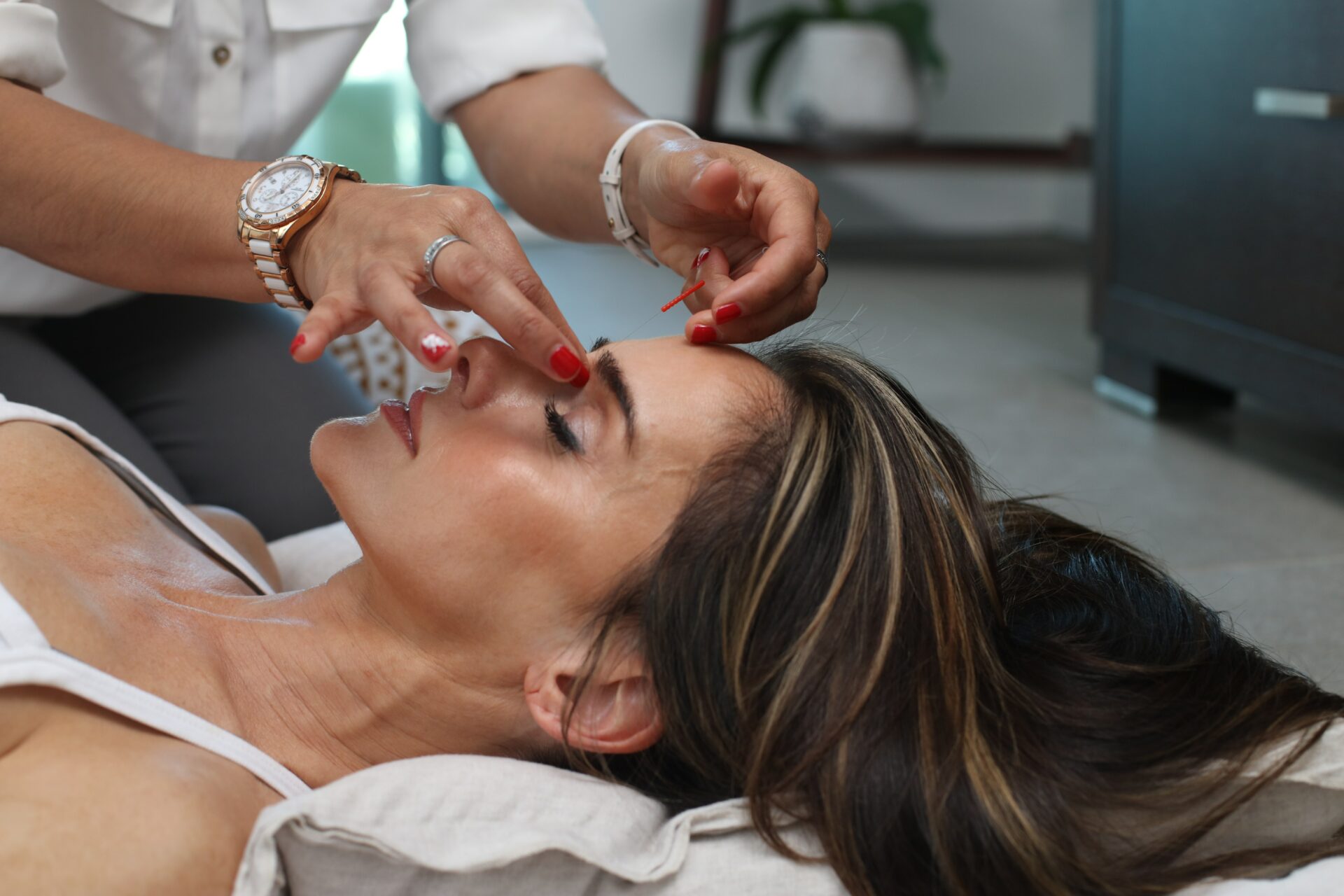
Skincare Education.
Looking to start your skin resurfacing education?
